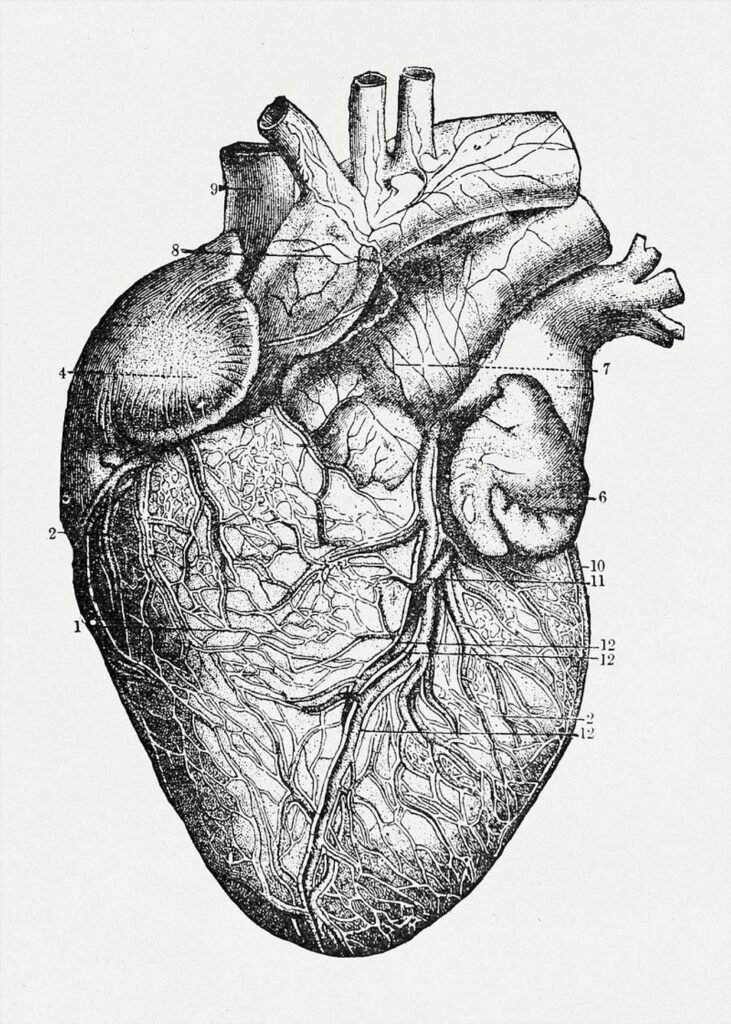Sexual attraction and desire are complex phenomena that are influenced by a variety of factors including biology, psychology, and culture. In this article, we will delve into the science behind sexual attraction and explore the key takeaways from the different aspects of this intriguing topic.
Key Takeaways
- Understanding the role of pheromones and hormones in biological factors influencing attraction
- Exploring the impact of past experiences and emotions on psychological aspects of desire
- Recognizing how societal norms and media shape cultural influences on sexual attraction
- The importance of communication and consent in fostering healthy relationships
- Embracing diversity and individual differences in preferences and desires
The Science of Sexual Attraction

Biological Factors Influencing Attraction
Sexual attraction is a complex interplay of various biological factors. Pheromones, for instance, play a subtle yet significant role in signaling sexual interest and compatibility. These chemical messengers are detected by the olfactory system and can influence our subconscious preferences for potential partners.
- Genetic compatibility is another biological aspect, where individuals may be drawn to those with different immune system genes, potentially leading to healthier offspring.
- Physical features such as facial symmetry and body shape are often indicators of genetic fitness, which can be inherently attractive.
- Hormones like testosterone and estrogen also modulate sexual desire and attraction, affecting behavior and perception.
The dance of attraction is not just a matter of the heart but also a ballet of biological cues and instincts.
Understanding these biological underpinnings can help demystify the often inexplicable feelings of attraction we experience. It’s a reminder that our bodies are wired to connect with others, not just emotionally but through a myriad of biological signals that guide us towards potential mates.
Psychological Aspects of Desire
The tapestry of human desire is woven with numerous psychological threads that influence sexual attraction. Attraction is not merely a biological response; it is also shaped by psychological factors that can vary widely among individuals. These factors include, but are not limited to, personal experiences, emotional connection, and perceived compatibility.
Personality traits play a significant role in the landscape of desire. For instance, a sense of humor, intelligence, and kindness are often cited as desirable qualities that can enhance attraction beyond physical appearance. Moreover, the psychological concept of ‘mating intelligence’ suggests that individuals have evolved to assess potential partners based on their ability to provide, protect, and parent.
- Emotional intimacy and shared values
- Communication and mutual understanding
- Psychological health and self-esteem
The allure of mystery and the excitement of discovery can also fuel desire, as the unknown aspects of a potential partner can be both intriguing and enticing. This highlights the complex interplay between familiarity and novelty in shaping sexual attraction.
Cultural Influences on Sexual Attraction
The tapestry of human sexuality is richly colored by the diverse threads of culture. Cultural norms and values play a pivotal role in shaping what is considered attractive and desirable in a potential partner. From the fashion trends that dictate the preferred body image to the social customs that guide dating behaviors, culture molds our perceptions of attractiveness in profound ways.
Media representations, in particular, can have a significant impact on societal standards of beauty and desire. These portrayals often establish unrealistic expectations and can lead to a homogenization of sexual attraction within a culture.
- The emphasis on certain physical attributes over others
- The romanticization of specific personality traits
- The valorization of particular social statuses or wealth
The interplay between cultural context and individual preferences is complex, with each influencing the other in a dynamic exchange. Cultural influences are not static; they evolve with time and are subject to the ebb and flow of societal changes.
Dive into the fascinating world of human connection with our article on ‘The Science of Sexual Attraction’. Discover the biological cues and psychological factors that play a pivotal role in who we find irresistible. For a deeper understanding and more intriguing insights, visit our website and explore a treasure trove of information that will enlighten your perspective on attraction and relationships. Don’t wait, unlock the secrets of attraction now by clicking here!
Conclusion
In conclusion, the exploration of the science behind sexual attraction and desire reveals the complex interplay of biological, psychological, and social factors that contribute to this fundamental aspect of human behavior. By delving into the intricate mechanisms that govern attraction and desire, we gain a deeper understanding of ourselves and the world around us. This research opens up avenues for further study and discussion, shedding light on the diverse ways in which individuals experience and express their sexuality. As we continue to unravel the mysteries of sexual attraction, we move towards a more comprehensive comprehension of human nature and relationships.
Frequently Asked Questions
What are the biological factors that influence sexual attraction?
Biological factors such as hormones, genetics, and pheromones play a role in sexual attraction.
How do psychological aspects affect desire?
Psychological factors like past experiences, emotions, and cognitive processes can influence sexual desire.
What role do cultural influences play in sexual attraction?
Cultural norms, values, and societal expectations can impact sexual attraction and preferences.
Is sexual attraction solely based on physical appearance?
While physical attraction is a common factor, other aspects like personality and emotional connection also play a significant role.
Can sexual attraction change over time?
Yes, sexual attraction can evolve and change based on personal growth, experiences, and shifts in preferences.
Are there differences in sexual attraction among individuals?
Yes, individuals have diverse preferences and attractions influenced by various factors such as orientation, gender identity, and personal experiences.



